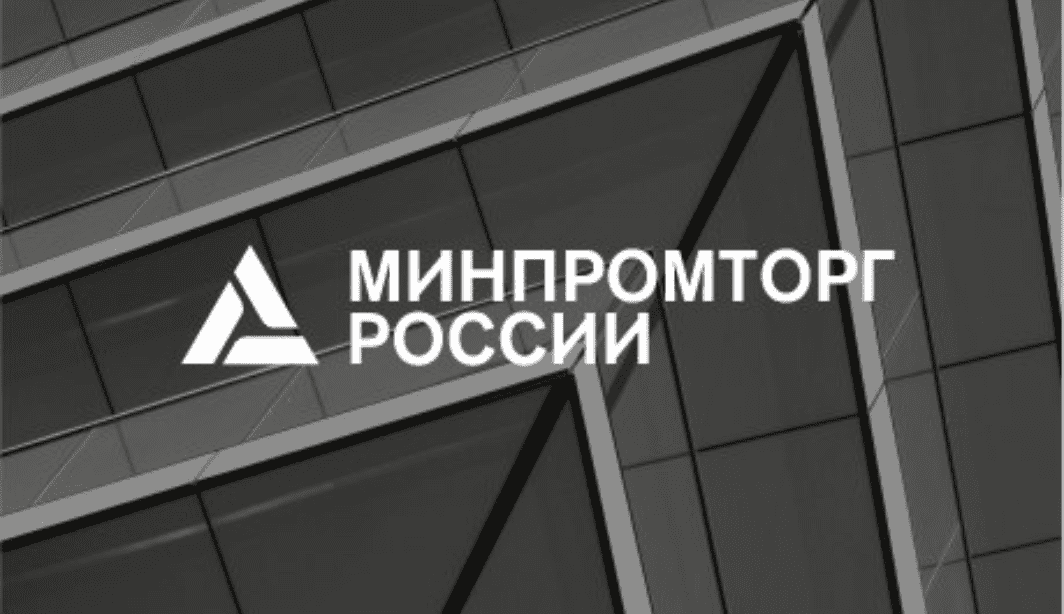The sub-commission on customs tariff and non-tariff regulation supported the combined duties on the export of ferrous and non-ferrous metals

On June 24, the sub-commission on tariff and non-tariff customs regulation supported the imposition of combined export duties on ferrous and nonferrous metals. The income from duties will be used to compensate for the rise of metal products prices in the domestic market.
Earlier, the corresponding decision was agreed at a meeting of the Government of the Russian Federation. Andrei Belousov, the First Deputy Prime Minister, said that the issue of supporting non-primary non-energy exports remains a priority set by the President of the country. He noted that the Russian economy is not ready for the rapid transfer of global prices to the domestic market.
The First Deputy Prime Minister emphasized that the imposition of the duty is not a punishment for the metals industry, it is part of a protective measures set for the domestic market.
"We must protect our domestic customers from what’s actually happening in the global markets. Based on the results of this work, since 2022, we will need to make corresponding system, tax-related – and more or less permanent decisions to protect the domestic market," – said Andrei Belousov.
Temporary export duties on major commodities in ferrous and non-ferrous metallurgy to be introduced from 1 August to 31 December 2021. During this period, a permanent mechanism aimed at centralizing excess profits in the budget will be developed.
It is assumed that the duty will be extended to a broad range of commodities: rolled stock, rebar, billet, wire, ingots, as well as low-grade copper, nickel and aluminium. At the same time, a combined duty is provided, which will consist of a base rate (15%) and a specific one that will be calculated in USD per tonne.
Depending on the degree of “redistribution” (processing) of ferrous metals, each product category will have its own minimum duty:
- the duty for iron ore pellets and other ferrous products will be at least 54 USD per tonne
- flat hot-rolled steel and rebar – at least 115 USD per tonne
- cold-rolled mill products and wire – at least 133 USD per tonne
- stainless steel and ferroalloys –at least 150 USD per tonne
For nonferrous metals, the specific duty was calculated depending on the type of metal:
- copper – at least 1,226 USD per tonne
- nickel –2,321 USD per tonne
- aluminium – 254 USD pertonne
The calculations were made based on the current price for the first five months of 2021.
The draft of the relevant Government decree is planned to be prepared and introduced in the near future.The measures are planned to be extended only to exports outside the Eurasian Economic Union. Russia will hold negotiations with EAEU partners to prevent re-export of metal products.
"The income from the duties will be used to compensate for the increased production cost, so the companies can continue to fulfill their obligations in the projects implementation. First of all, this is important for the timely commissioning of social facilities," - said Maksim Reshetnikov, Minister of Economic Development of Russia.
"This is a necessary measure. We hope that it will not have to be extended. Additional receipts will go to support metal-intensive industries," - said Victor Evtukhov, the deputy head of the Ministry of Industry and Trade.
Maksim Chmora, the head of the General Department of Federal Customs Revenues and Tariff Regulation of the FCS, noted that the customs service is ready to administer the collection of these duties.
According to the FAS, when price assessment for metal products, not only global market quotations should be taken into account, but also the price environment of the domestic commodity markets: supply and demand in the Russian market. The price level should not lead to a reduction in the number of customers of metal products.
"Export duties on ferrous and non-ferrous metals will not harm the state of competition in the domestic market of the Russian Federation, but rather will contribute to ensuring domestic demand and price adjustment," - said Maksim Shaskolsky, the head of the FAS Russia.
Original is on the website: Minpromtorg RF


